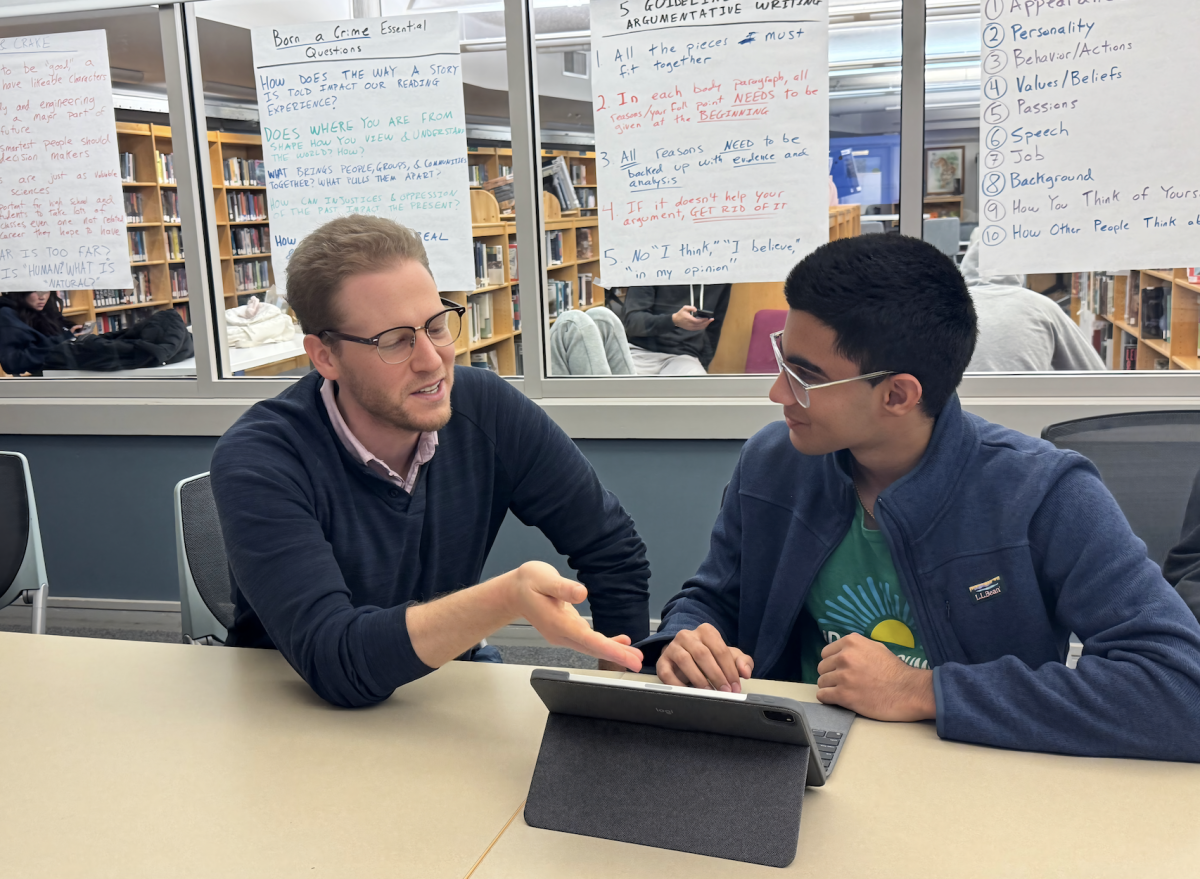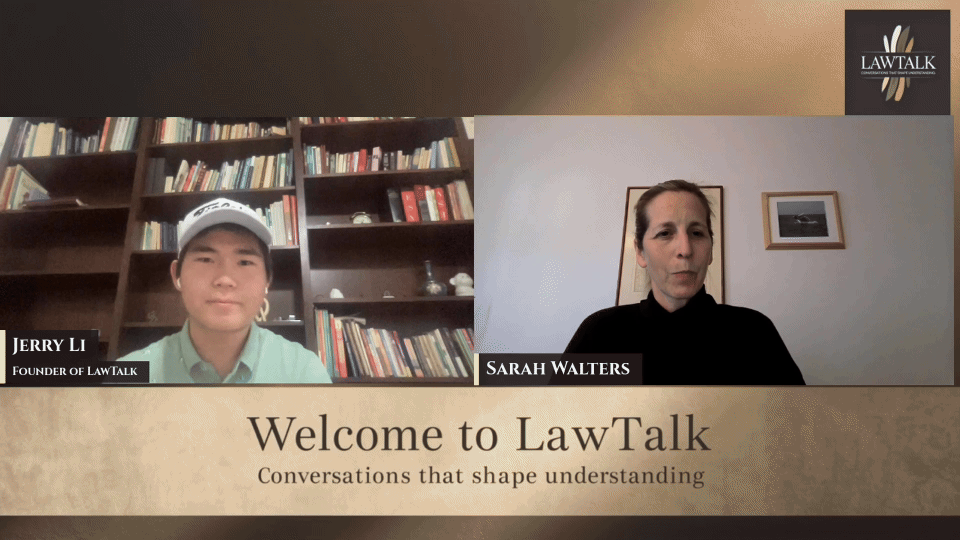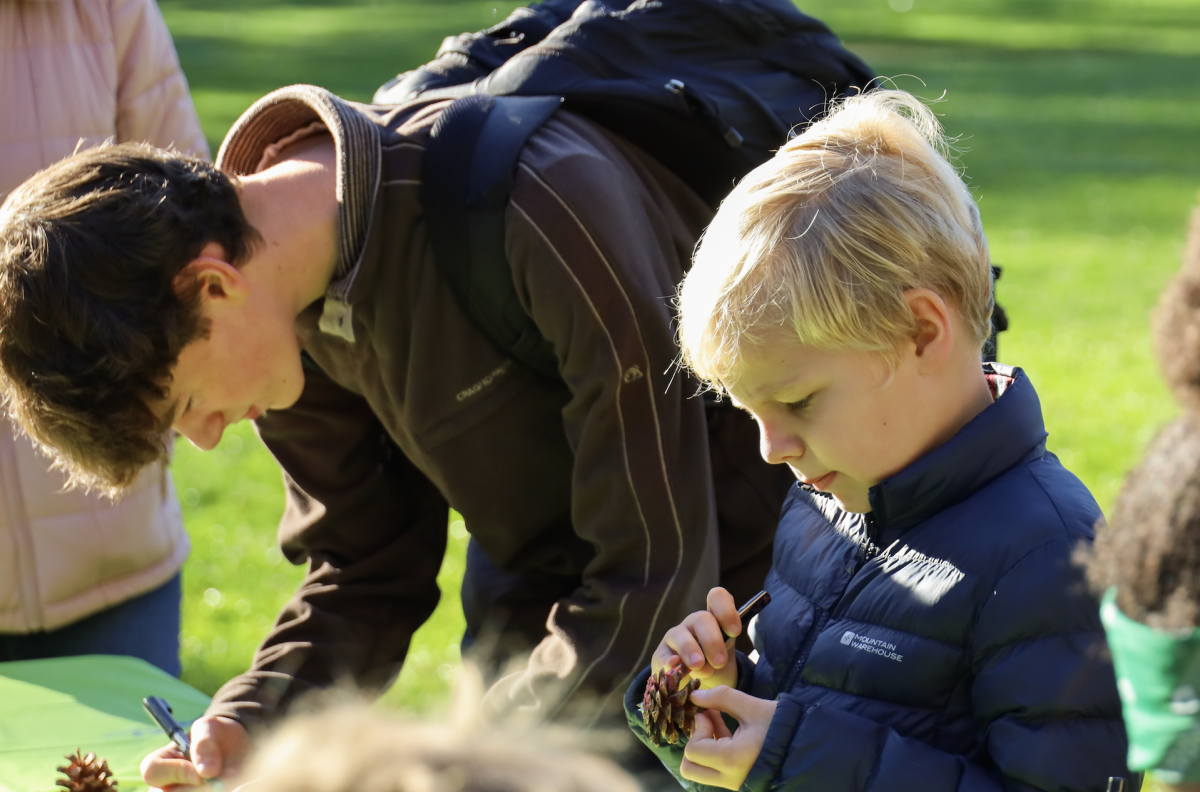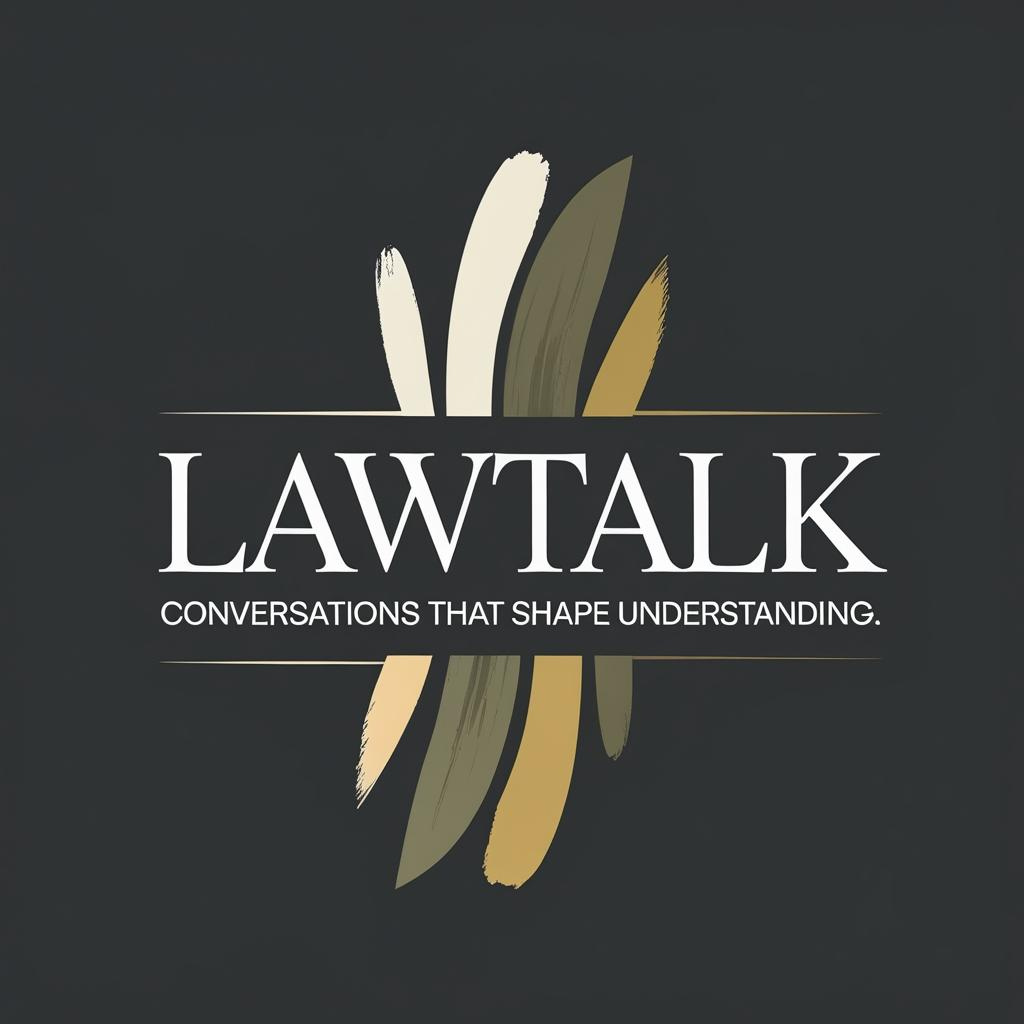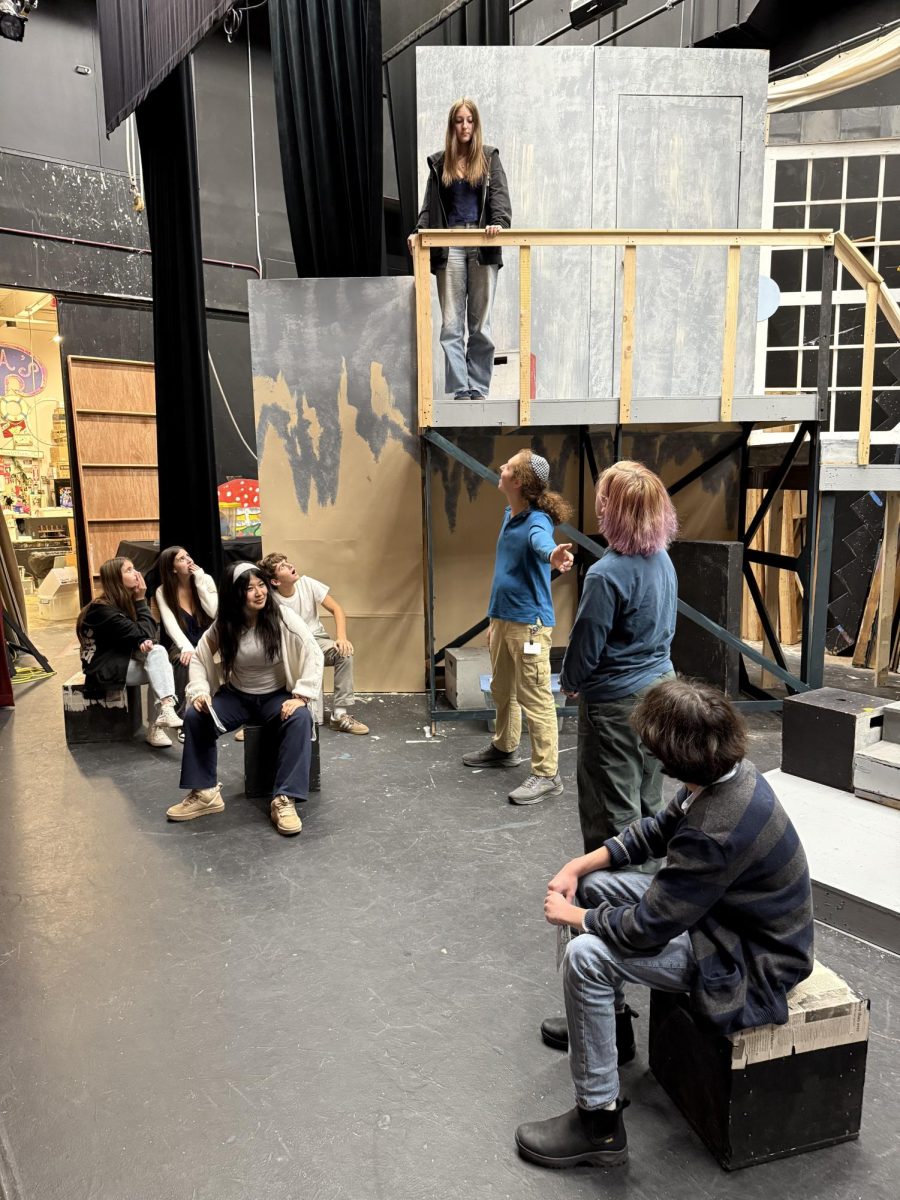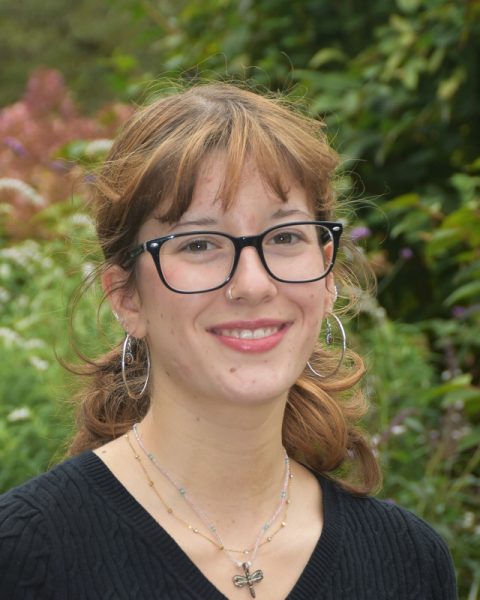
The Annual People of Color Conference, or PoCC, was held this December in Denver by the National Association of Independent Schools (NAIS), which includes about 1,700 private schools across the U.S. According to its website, NAIS aims to promote “equity and justice in teaching, learning, and organizational development.”
Unfortunately, PoCC faced challenges upholding its mission this year.
NAIS recently issued an apology letter to any PoCC attendees, regarding the remarks some speakers made after leaders of several Jewish organizations characterized the comments as antisemitic.
Dr. Suzanne Barakat, an Arab American physician, according to the New York Times, “emerged as a prominent voice on the topic of anti-Muslim violence,” describing how a middle-aged white man murdered her brother, his wife, and his wife’s sister in what she called a “hate crime.”
Dr. Barakat proceeded to discuss the power of hate, and how “criminal justice disparities” can “ultimately lead to genocide.”
The speaker went on to define and discuss Islamophobia, citing that “90% of hate crimes, of hate crime perpetrators, are motivated by biases consistent with White supremacy, or male supremacy, or both.”
Then, Dr. Barakat emphasized that Muslim families are “by far” (48%) the most likely to have a child who has been bullied for their religion.
“In comparison, 13% of Jewish families and 18% of families in the general public reported having a child who was bullied for their religion,” Dr. Barakat said.
The audience applauded and Dr. Barakat continued, citing the UN Convention on the Prevention and Punishment of the Crime of Genocide’s definition of genocide as “any of the following acts committed with intent to destroy in whole or in part a national ethnical, racial or religious group as such.”
Dr. Barakat also described the roots of Israel as “the establishment of a state founded on ethnocentric superiority as an inherently systemically racist framework.”
After Dr. Barakat concluded, Sarah Shulkind, Head of Milken Community School, a Jewish Day School in Los Angeles, claimed she received a “distressed” call from one of her staff members attending the speech who sent her a video of the speech.
“Even if this was her perspective,” Dr. Shulkind said of Dr. Barakat’s comments on the establishment of Israel, “what was she doing talking about this at an educational conference?”
At a later speech, which students were permitted to attend, Ruha Benjamin, a Princeton University professor, presented a virtual reality project called “The Phoenix of Gaza,” referring to dead Palestinians as “martyrs” and “victims of a genocide.”
Dr. Shulkind recalled that four of her Jewish students walked out of the speech early, feeling so threatened that they hid their Jewish stars.
Dr. Benjamin later added that the students’ response “reflects a failure on the part of their teachers and administrators to equip them with the ability to wrestle with difficult realities.”
Director of Equity and Inclusion Jessica Christian firmly combatted the dismissal of Jewish students’ response to Dr. Benjamin’s speech.
“If any group of people, no matter the size, has been made to feel unsafe, unwelcomed, or uncomfortable by a speech, that needs to be addressed and affirmed,” Christian said. “There can be a conversation about the intentions of any speaker or parts of a program, but the intent versus impact issue needs to be acknowledged.”
Head Librarian Elyse Seltzer, who attended the first speech, felt that Dr. Barakat’s comparative statistics between Muslims and Jews were diminishing.
“Are we doing oppression Olympics? Nobody wins in this,” Seltzer said.
While Seltzer initially felt that the speaker was not promoting antisemitism, she noticed that Dr. Barakat was basing her definitions on opinion, not fact.
“Because she had already shared her story, I could see where she was coming from, even though I disagreed,” Seltzer said.
Seltzer recalls how Dr. Barakat had shared pictures of her family with the rest of the audience.
“I think it was brave because, in sharing these things, she was reliving these experiences,” Seltzer said.
Seltzer also wonders whether some of the pushback Dr. Benjamin has received from the speech is due to her race and gender.
“There’s also a part of me that wonders if part of the hate and death threats that the speaker has faced is because she’s a black woman,” Seltzer said.
Yet, a nonprofit called the Zinn Education Project has begun a petition for NAIS to correct the record and apologize to Dr. Barakat and Dr. Benjamin.
In their statement, they write that the speakers were “unfairly smeared” and “subjected to a ruthless fear campaign.”
“These failures have emboldened those who weaponize intimidation and hate to silence differing views and reduced the public reporting on the PoCC to a reflection of the very injustices it was created to confront,” the petition reads.
So far, the petition has been signed by 36 organizations and over 200 individuals.
On the other hand, although NAIS issued an apology in December, some schools, such as Milken, are not satisfied, demanding that a single letter is insufficient and that NAIS must “return to its mission.”
Yet, Milken never specified exactly what they want NAIS to change.
I feel that the School should continue to send students to the Student Diversity Leadership Conference, or SDLC, regardless of any hard feelings with PoCC.
PoCC and SDLC are separate conferences – so separate that none of the School’s students attended any of the PoCC speeches or heard about the comments until after the conference had ended.
The Jewish affinity group at SDLC was an incredibly peaceful, welcoming space, and I felt none of the hate, bias, or discrimination that others who attended the speech did.
Nevertheless, those voices should not be ignored. Dr. Barakat and Dr. Benjamin’s antisemitic rhetoric should not be ignored.
And it has not been. NAIS issued an apology and both of the speakers apologized for their words.
So, what else can be done?
The speeches are over and the conference will, hopefully, continue next year. How can we expect NAIS to correct its mistakes if we don’t give them a platform to do so?
By keeping students from attending SDLC, schools are not correcting NAIS’ mistakes or building a better future – they’re letting the hateful rhetoric that initially inflamed their anger spread.
It’s essential to acknowledge hateful rhetoric and the people who were hurt by it, but giving power to hate is not going to stop it.
If we give voice to propaganda groups such as Parents United, who claim that “DEI’s only ‘benefit’ is enriching the consulting class,” we are allowing fear to dictate the future of inclusive education.
By shutting down opportunities for engagement like PoCC and SDLC, we risk creating echo chambers that stifle growth and understanding.
True progress comes not from avoidance but from the relentless pursuit of justice and equity, even when the conversation is difficult.
Let us not forget that education aims to prepare students to face the world’s complexities, not shield them from it.

